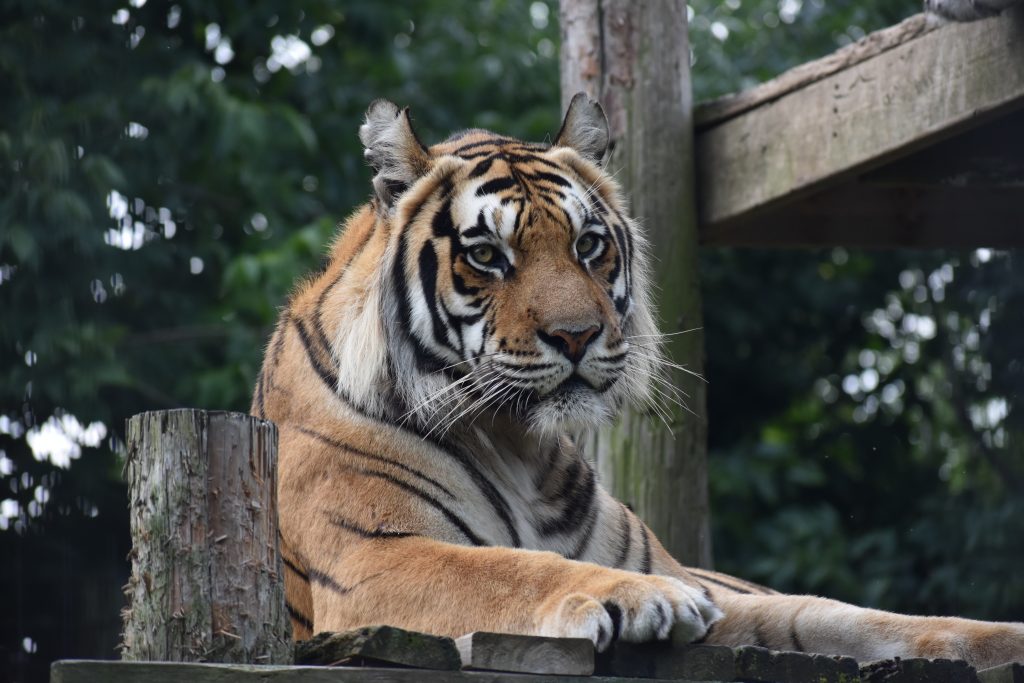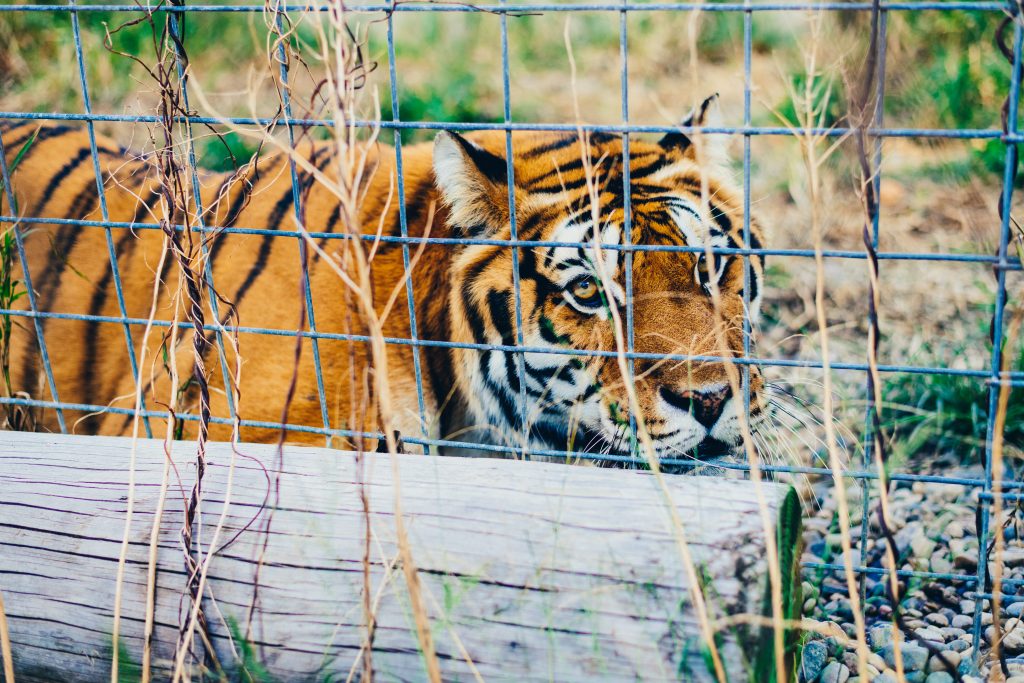
Abuse, in all its forms, threatens the existence of exotic wildlife. Illegal trading, poaching, breeding for profit, and exploitation for entertainment all contribute to the suffering and decline of these animals. For example, poaching pushes iconic species like tigers, rhinos, and elephants to the brink of extinction, robbing future generations of the chance to witness their majesty.
Cruel captivity, another harrowing aspect of abuse, tearing many exotic animals from their natural habitats and forcing them to endure confinement and torment. The booming exotic animal trade exacerbates the situation, as the desire to own exotic cats and other animals leads to illegal capture or breeding for profit. This often results in substandard care, chronic physical and psychological medical conditions, and premature death. Exotic animals are almost always ill-suited to domestic environments and suffer immensely from losing their natural habitats and social structures.
Speaking of habitats, abuse of exotic wildlife often involves habitat destruction and degradation. For instance, when trees are cut down to create access points, enclosures, or roads, it may lead to habitat fragmentation, loss of essential resources for wildlife, and even death. Moreover, the decline in exotic wildlife population creates a ripple effect, causing an imbalance in predator-prey dynamics, the disappearance of pollinators, and decreased reproduction of plants, which can all directly impact humans.
The good news is that, as individuals, we have the power to contribute to making a difference in the lives of wild animals. Here are some ways in which you can make a difference:
Start by educating yourself about the issues surrounding the abuse of exotic wildlife. This includes:
Learn about the species affected, their threats, and the consequences of abuse on ecosystems. Once you have gained knowledge, actively engage in discussions and leverage social media platforms to share your insights with others. For instance, you can discourage the practice of taking pictures with baby animals, as they are often discarded or sold once they outgrow their "cute" phase and are no longer profitable. Educating the public helps raise awareness, which can, in turn, inspire others to take action and create a ripple effect of change.

Numerous reputable organizations are working tirelessly to protect abused exotic wildlife. Research and support these organizations through donations, volunteering, or fundraising events. Your contribution can directly support wildlife rescue operations, medical care, and conservation initiatives. You may also choose to sponsor an animal where you financially support the care and well-being of a specific animal.
In case you're wondering how to find reputable sanctuaries, here are some quick tips to help you get started:
Once you find the right organization, you can just sign up to become a member and choose to donate today or later.
Illegal trading of exotic wildlife often involves products made from animal parts, such as ivory, skins, or bones. Avoid purchasing products derived from endangered species or those obtained through illegal means. Choose sustainable and ethically sourced alternatives, and support companies that promote conservation and animal welfare.
Advocate for stronger animal cruelty laws and regulations to combat animal abuse and neglect. Write to your local representatives, sign petitions, and support organizations that actively work towards strengthening legislation. Encourage stricter penalties for poaching, illegal trading, and exploitation. Raising your voice and putting pressure on policymakers go a long way in helping create a legal framework that protects these animals and ensures the enforcement of wildlife protection laws.
When traveling to destinations known for exotic wildlife, be a responsible and ethical tourist. Avoid participating in activities that exploit animals, such as riding elephants or visiting shows that use captive animals. Instead, seek out responsible wildlife sanctuaries, national parks, or nature reserves that prioritize animal welfare and conservation. Respect the natural behavior of wildlife by observing from a safe distance and following guidelines provided by local authorities.
Support habitat conservation initiatives that aim to protect and restore natural ecosystems. Participate in local reforestation projects, support land preservation efforts, and promote sustainable land-use practices. Reserving habitats provide a haven for wildlife and maintains the delicate balance of ecosystems they rely on.

We've mentioned supporting sanctuaries as a way to make a difference. But why is your support important, and how do these organizations help save wildlife from abuse?
Animal sanctuaries provide a safe and protected environment for animals that have been abused, exploited, or endangered. They aim to rescue and provide lifelong care for animals, allowing them to live free from harm and in conditions that closely resemble their natural habitats. These specialized facilities play a crucial role, particularly in protecting and saving abused exotic wildlife, for the following reasons:
● Rescue and Rehabilitation: These specialized facilities serve as a refuge for animals subjected to abuse, neglect, or exploitation. They provide immediate medical attention and specialized care to help animals recover physically and psychologically from their traumatic experiences.
● Safe Haven: Sanctuaries offer a secure and protected environment where animals can spend the rest of their lives without fear of further abuse or exploitation. They prioritize the well-being and welfare of the animals, providing spacious enclosures, proper nutrition, appropriate enrichment, and veterinary care based on each individual animal's needs. While in sanctuaries, animals are not exploited for entertainment purposes like circus performances or captive breeding for commercial reasons.
● Educational Opportunities: Animal sanctuaries help raise awareness about the plight of abused exotic wildlife and promote the importance of wildlife conservation. They offer educational programs, group and private tours, and interactive experiences to educate visitors about the animals' stories, their natural behaviors, and their challenges in the wild. This inspires individuals to become advocates for wildlife and take action to protect these animals from abuse. If you are interested in supporting the work of Lion Tigers & Bears, we encourage you to consider making a donation to contribute to our efforts in animal welfare. Donations play a vital role in supporting our initiatives and ensuring the well-being of the animals in our care.

Ph: 619.659.8078
Fx: 619.659.8841
[email protected]
24402 Martin Way, Alpine, CA 91901